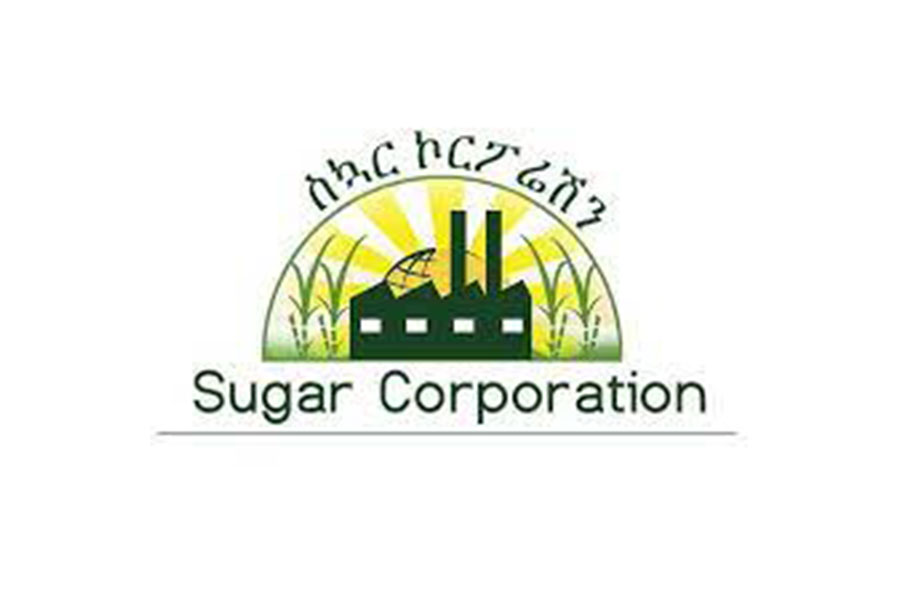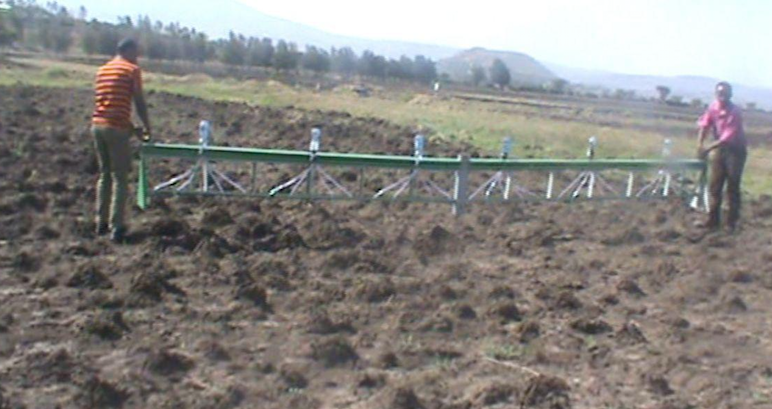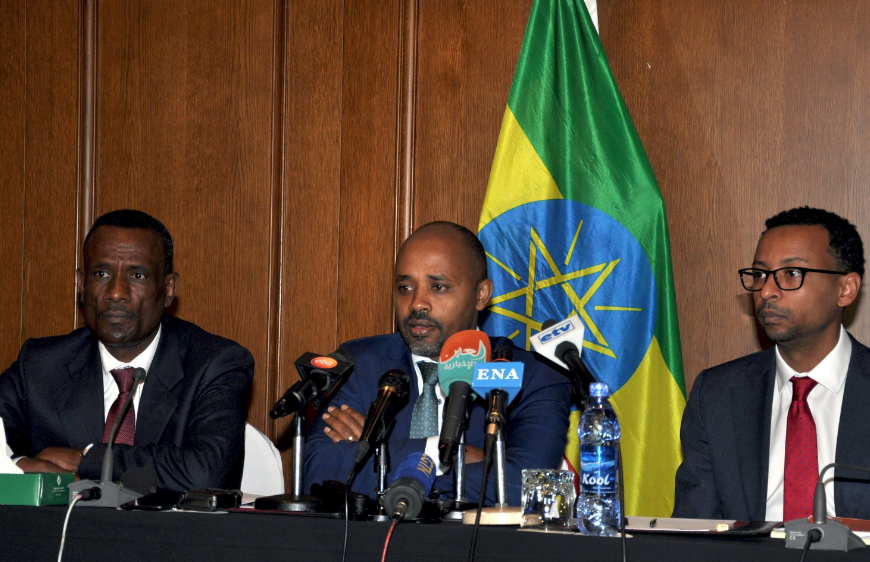
My Opinion | Jun 15,2019
Ten local and international companies have expressed interest in participating in the privatisation process of 13 state-owned sugar factories.
The companies responded to a Request for Information (RFI) issued by the Ministry of Finance in mid-April, which remained open for responses until the end of May.
The firms responding to the RFI include companies from Kenya, Mauritius, Morocco, South Africa and the UAE. Major Ethiopian companies have also applied to the government to be allowed to participate in the privatisation of sugar factories in responding to the RFI, which was launched on the websites of the Ministry of Finance, the Sugar Corporation and on the Public Enterprises Holding & Administration Agency.
The RFI is aimed at establishing a clear and transparent method to identify interested potential investors and accept their input as to the source of capital and mode of acquisition, according to Brook Taye (PhD), senior adviser to the Minister of Finance.
In the first edition of the Growth & Transformation Plan (GTP I), the government planned to construct ten sugar factories, five of which are located in Omo - Kuraz (above); three at Tana Beles; one at Qeesem; and one in Welkait.
The modalities consist of full or partial privatisation, public-private partnerships (PPP), joint venture partnerships with the government, management rehabilitation of the factories and cane field development.
Sugar factories are among the companies that the Executive Committee of the EPRDF decided to privatise last June. Ethio telecom, Ethiopian Airlines, Ethiopian Shipping & Logistics Services Enterprise and Ethiopian Electric Power along with railways, sugar factories, industrial parks, hotels, energy and manufacturing plants are the sectors that the Committee decided to fully or partially privatise in allowing the private sector to get involved in the economy.
The information provided by the companies will be compiled, and the preliminary result will be presented to a technical committee at the Ministry of Finance before it proceeds to the next pre-privatisation phase, according to Brook.
“Those activities include the valuation of properties, conducting an environmental impact study, factory assessment and other due diligence activities,” Brook told Fortune.
The technical committee is comprised of directors from the Ministry of Finance and sector experts from all state-owned enterprises that are part of the reform agenda.
In the first edition of the Growth & Transformation Plan (GTP I), the government planned to construct ten sugar factories, five of which are located in Omo - Kuraz; three at Tana Beles; one at Qeesem; and one in Welkait. The government targeted production of 40.7 million quintals of sugar, 181,604 cubic metres of ethanol and the generation of 101MW of electric power through these sugar projects. The government also planned to garner 1.2 billion dollars from sugar exports.
Only three of these plants, Omo-Kuraz II & III and Qeesem, have been realised so far and are operational currently. They have joined five other operational sugar companies including Wonji Shoa, Metehara, Fincha, Tendaho and Arjo Dediessa.
These factories process sugar for local consumption with current demand sitting at between 6.5 million to seven million quintals of sugar annually. To fill the gap, the county imports an estimated 4.1 million quintals of sugar a year.
Berhanu Jijo, an expert on the sugar industry for two decades and currently a consultant, cheers the way the Ministry of Finance and the Sugar Corporation has tried to identify potential investors and collect their interest for further privatisation activities.
"The Ministry of Finance should be selecting companies that have well-established experience in sugar production and cane development as well," he suggests. "The factories need adequate capital and knowledge-based management to revive within three to four years."
Berhanu says that from his consultancy career, he has come to know many companies who are especially interested in participating in the privatisation process of the country. He claims that they all demand the state devise a sugar policy and clear the balance of the factories' overloaded debt from their balance sheets.
“The sugar industry is one of the most labour intensive sectors that can facilitate the creation of thousands of jobs,” said Brook.
The involvement and financing from the private sector would enable the sugar plants to meet their projected capacity of domestic demand for refined sugar but also export to the world market, according to Brook.
PUBLISHED ON
Jun 08,2019 [ VOL
20 , NO
997]

My Opinion | Jun 15,2019

Commentaries | Jan 05,2019

Radar | May 21,2022

Radar | Oct 19,2019

Featured | Sep 08,2019

Fortune News | Mar 16,2019

Fortune News | Feb 08,2020

Radar | Jul 13,2019


Fortune News | Nov 30,2019

Dec 22 , 2024 . By TIZITA SHEWAFERAW
Charged with transforming colossal state-owned enterprises into modern and competitiv...

Aug 18 , 2024 . By AKSAH ITALO
Although predictable Yonas Zerihun's job in the ride-hailing service is not immune to...

Jul 28 , 2024 . By TIZITA SHEWAFERAW
Unhabitual, perhaps too many, Samuel Gebreyohannes, 38, used to occasionally enjoy a couple of beers at breakfast. However, he recently swit...

Jul 13 , 2024 . By AKSAH ITALO
Investors who rely on tractors, trucks, and field vehicles for commuting, transporting commodities, and f...

Oct 18 , 2025
The political establishment, notably the ruling party and its top brass, has become p...

Oct 11 , 2025
Ladislas Farago, a roving Associated Press (AP) correspondent, arrived in Ethiopia in...

Oct 4 , 2025
Eyob Tekalegn (PhD) had been in the Governor's chair for only weeks when, on Septembe...

Sep 27 , 2025
Four years into an experiment with “shock therapy” in education, the national moo...